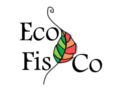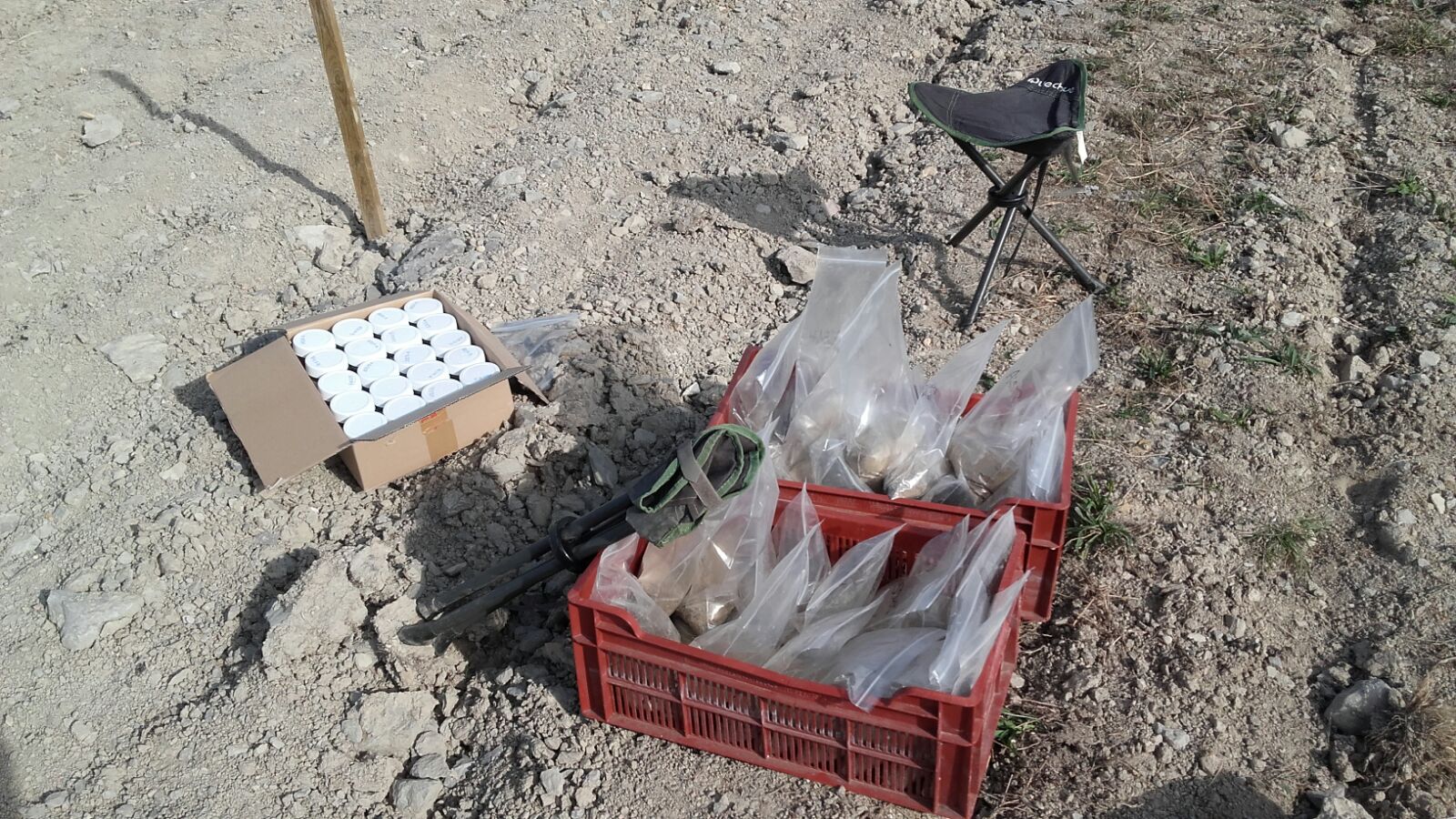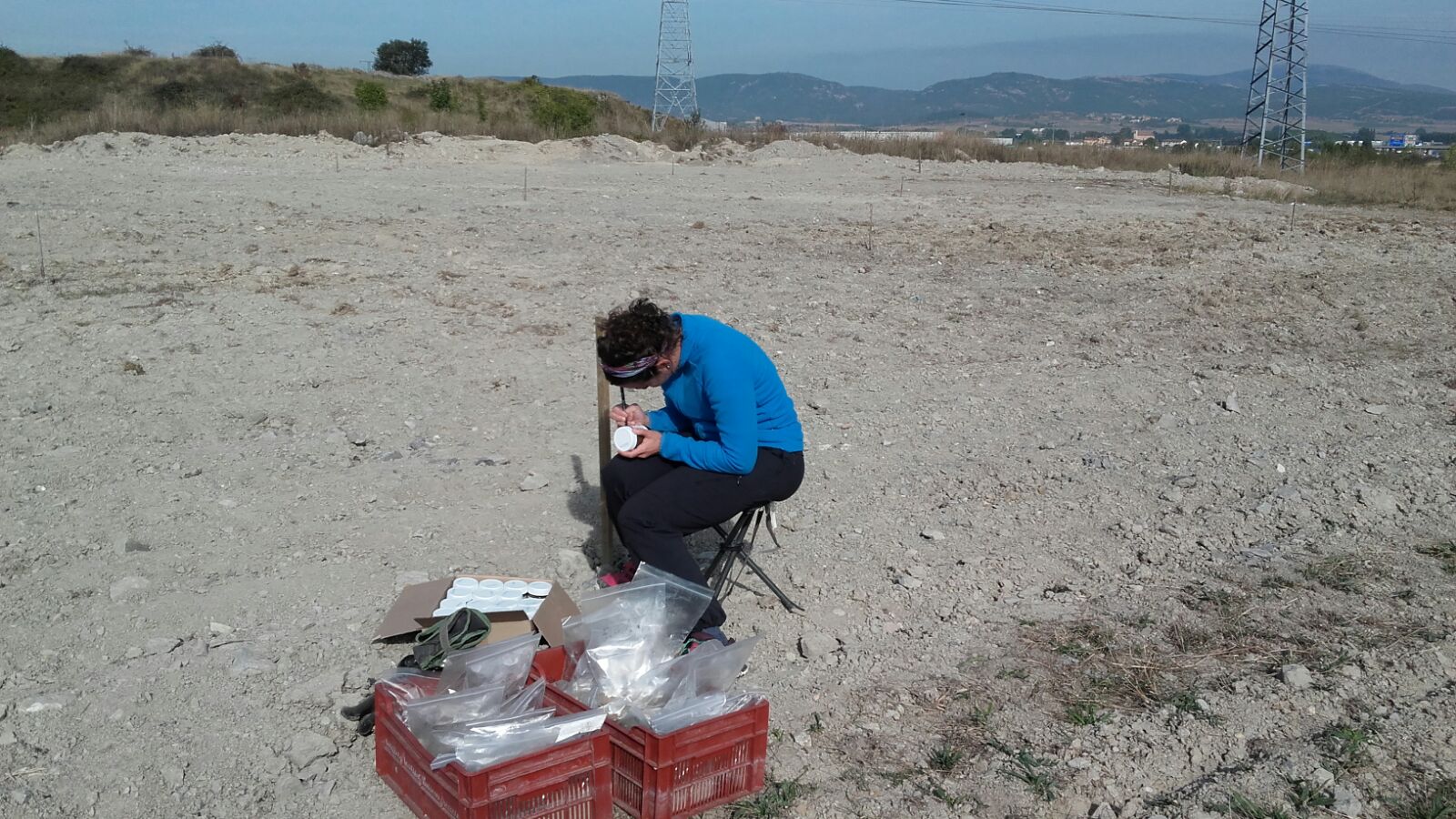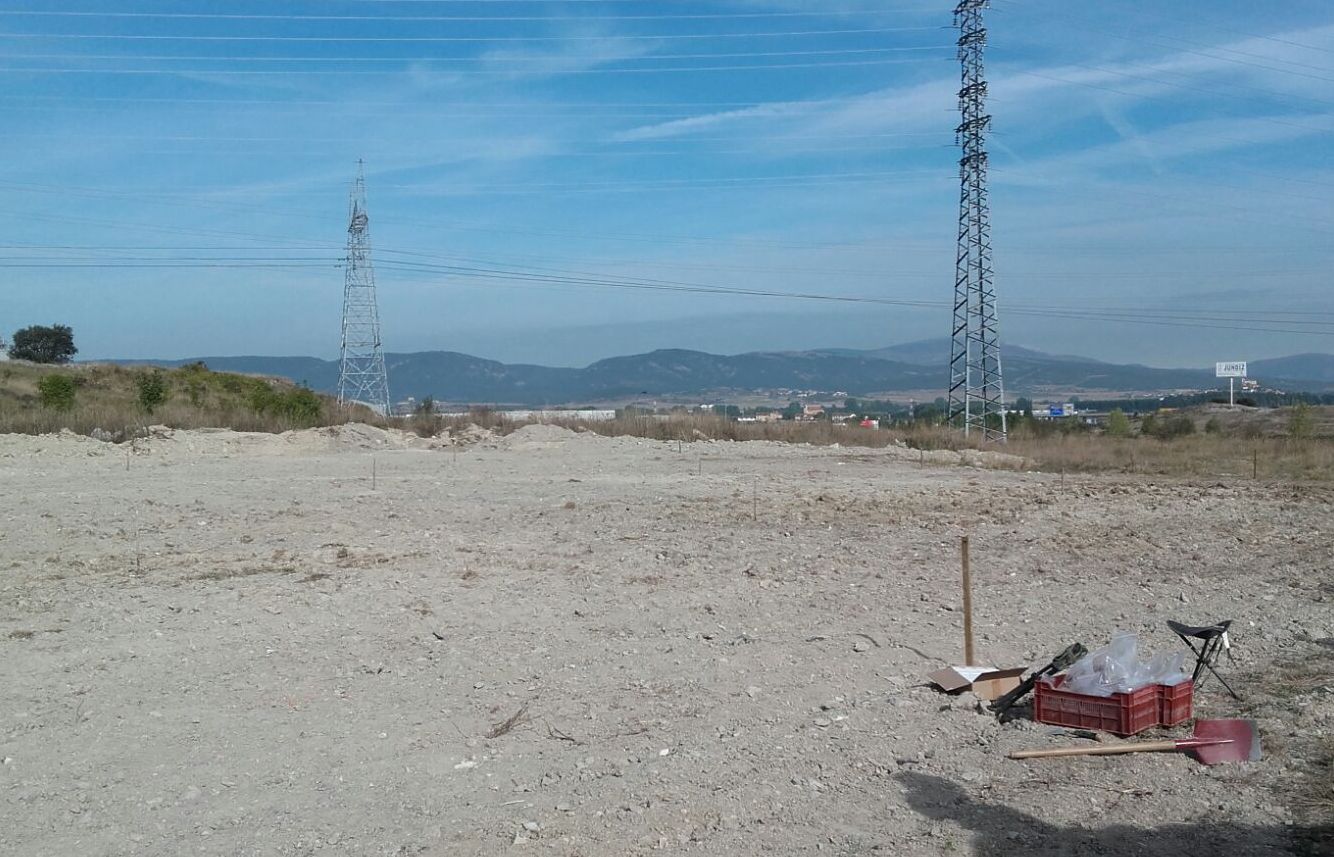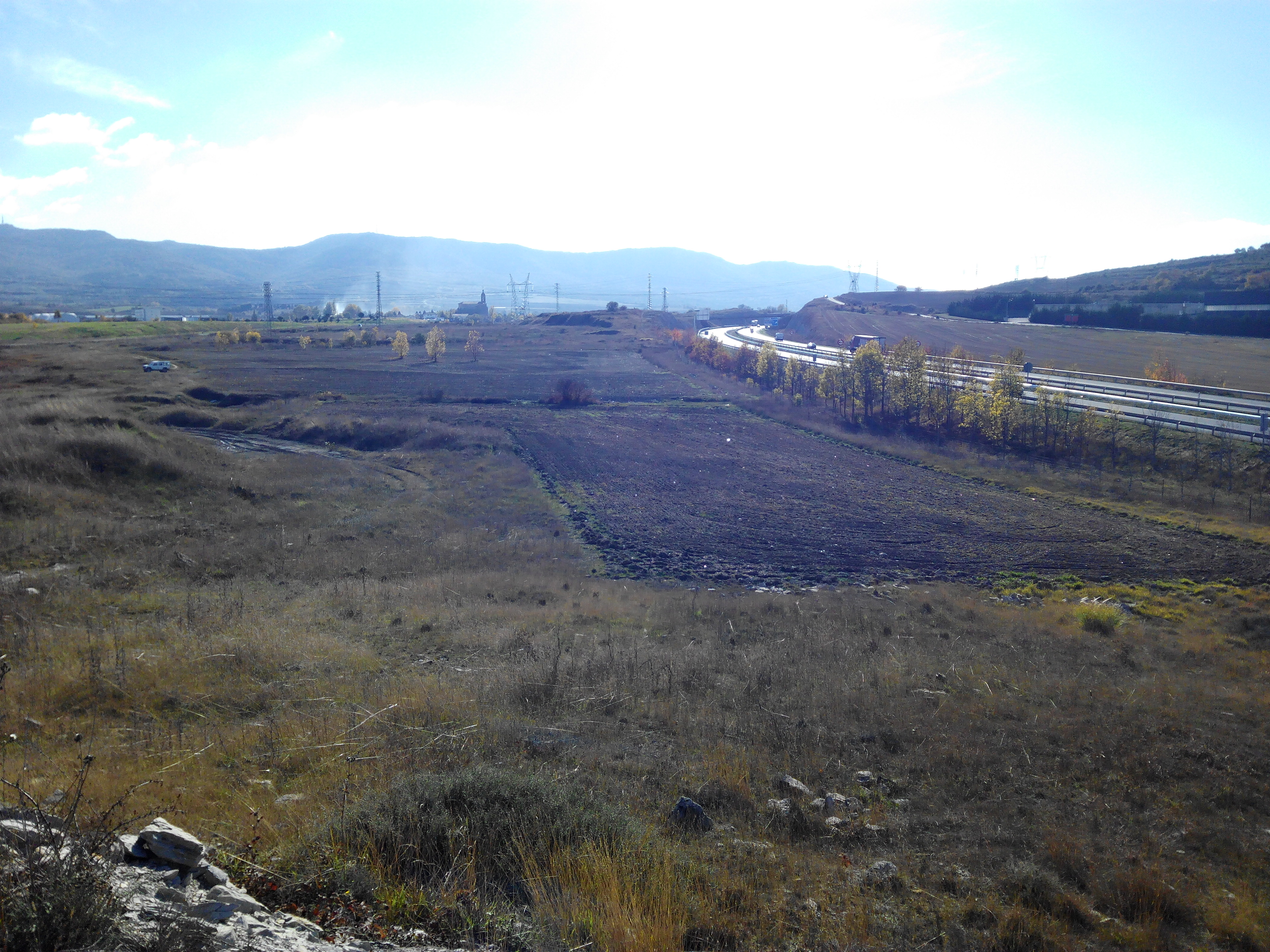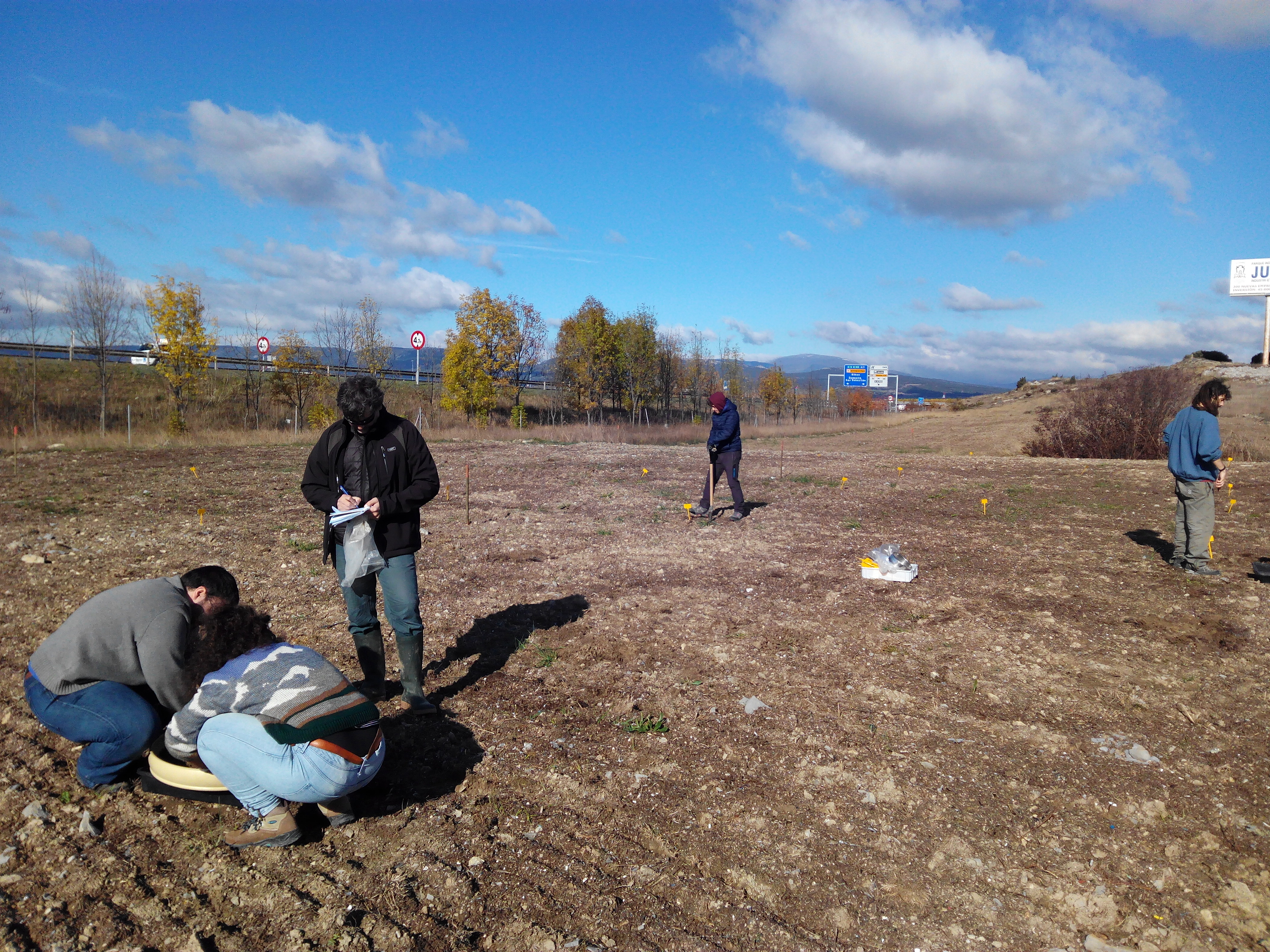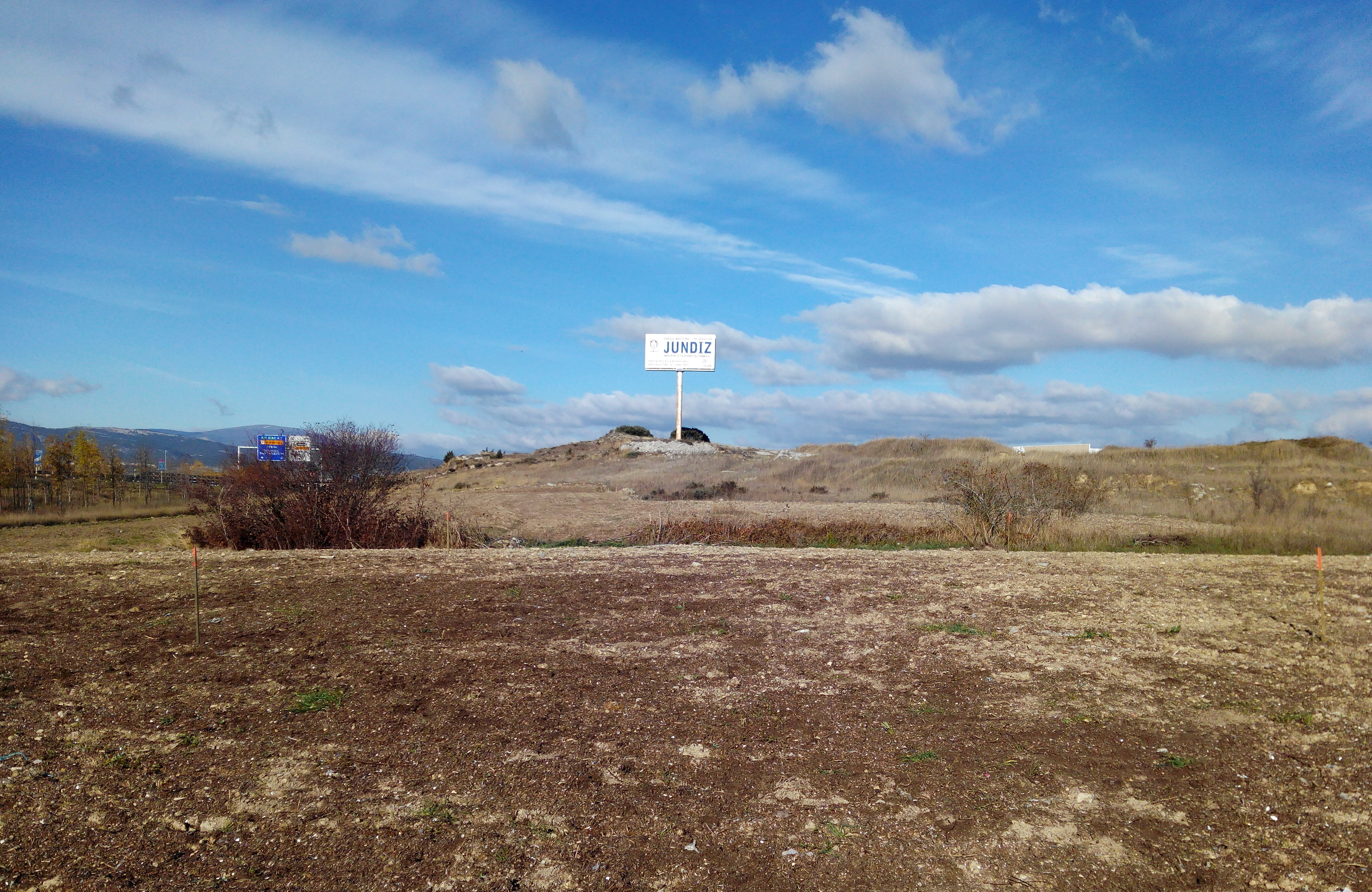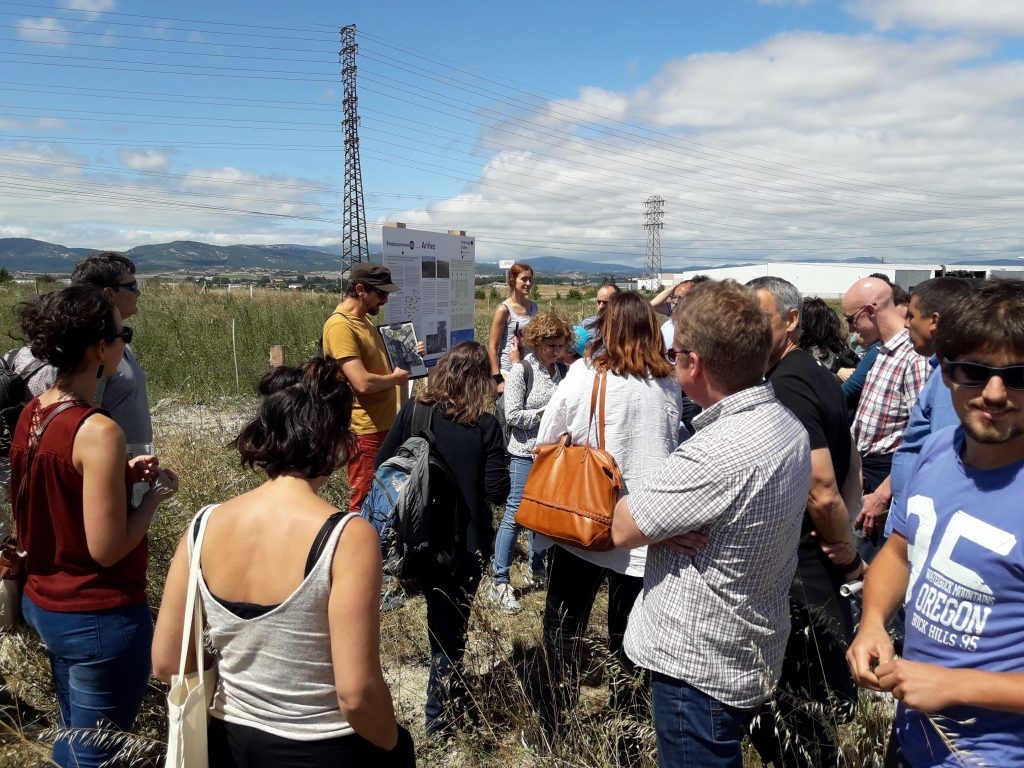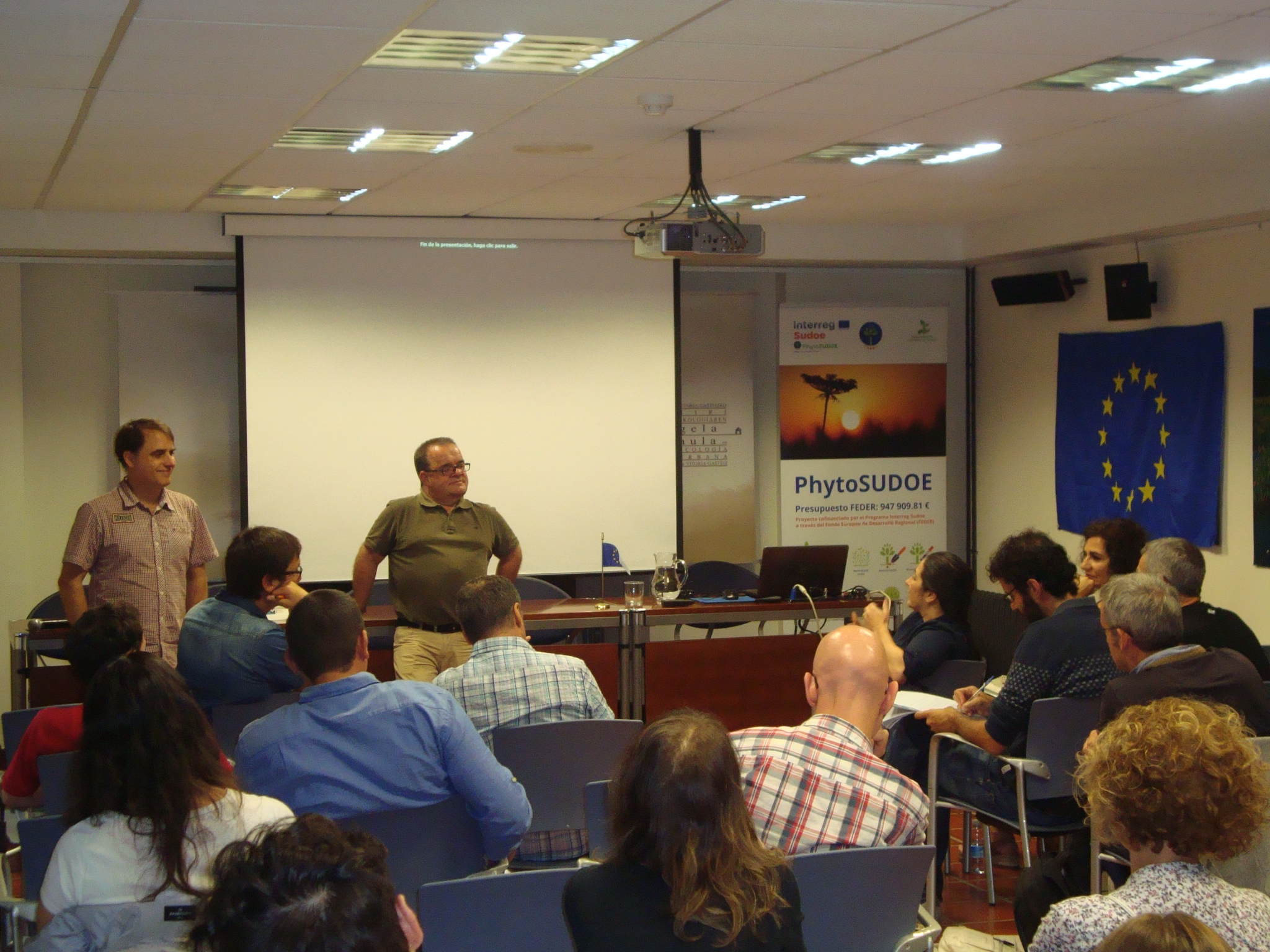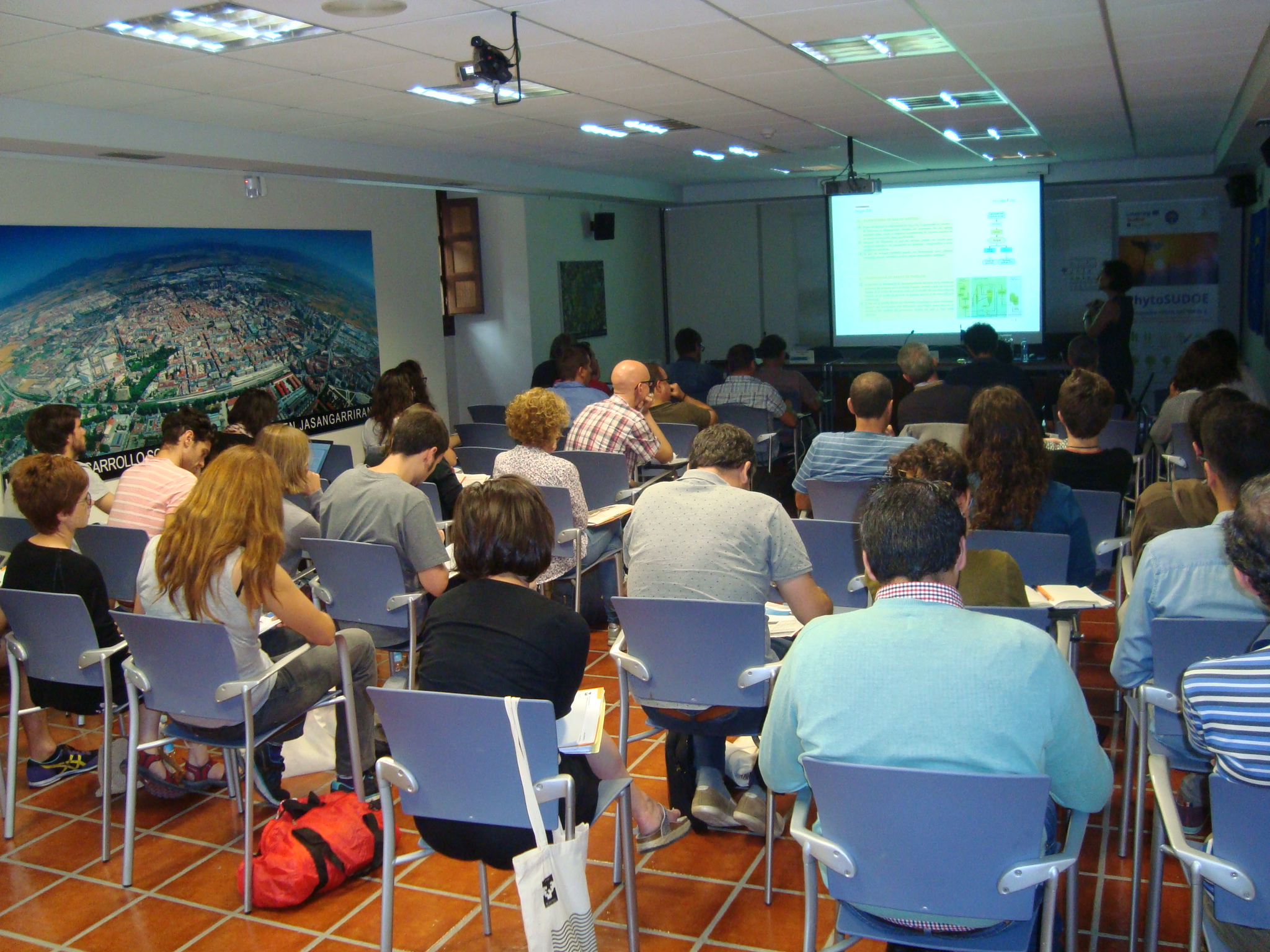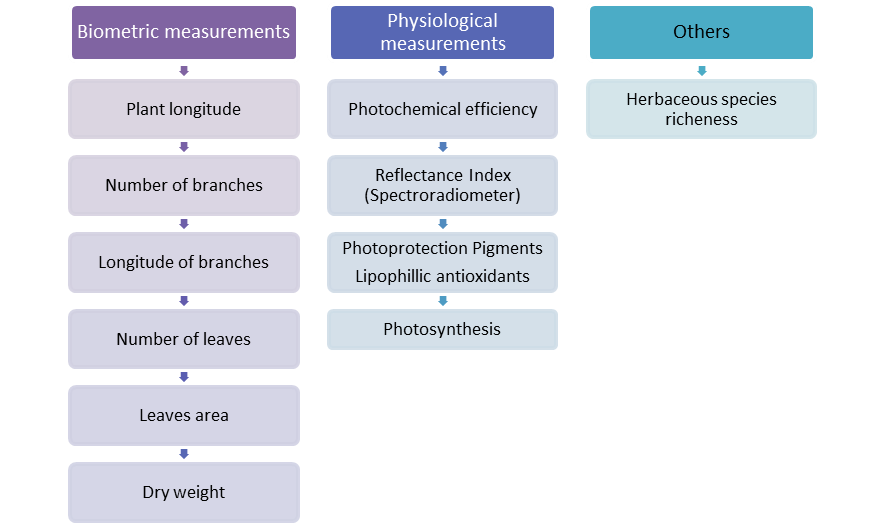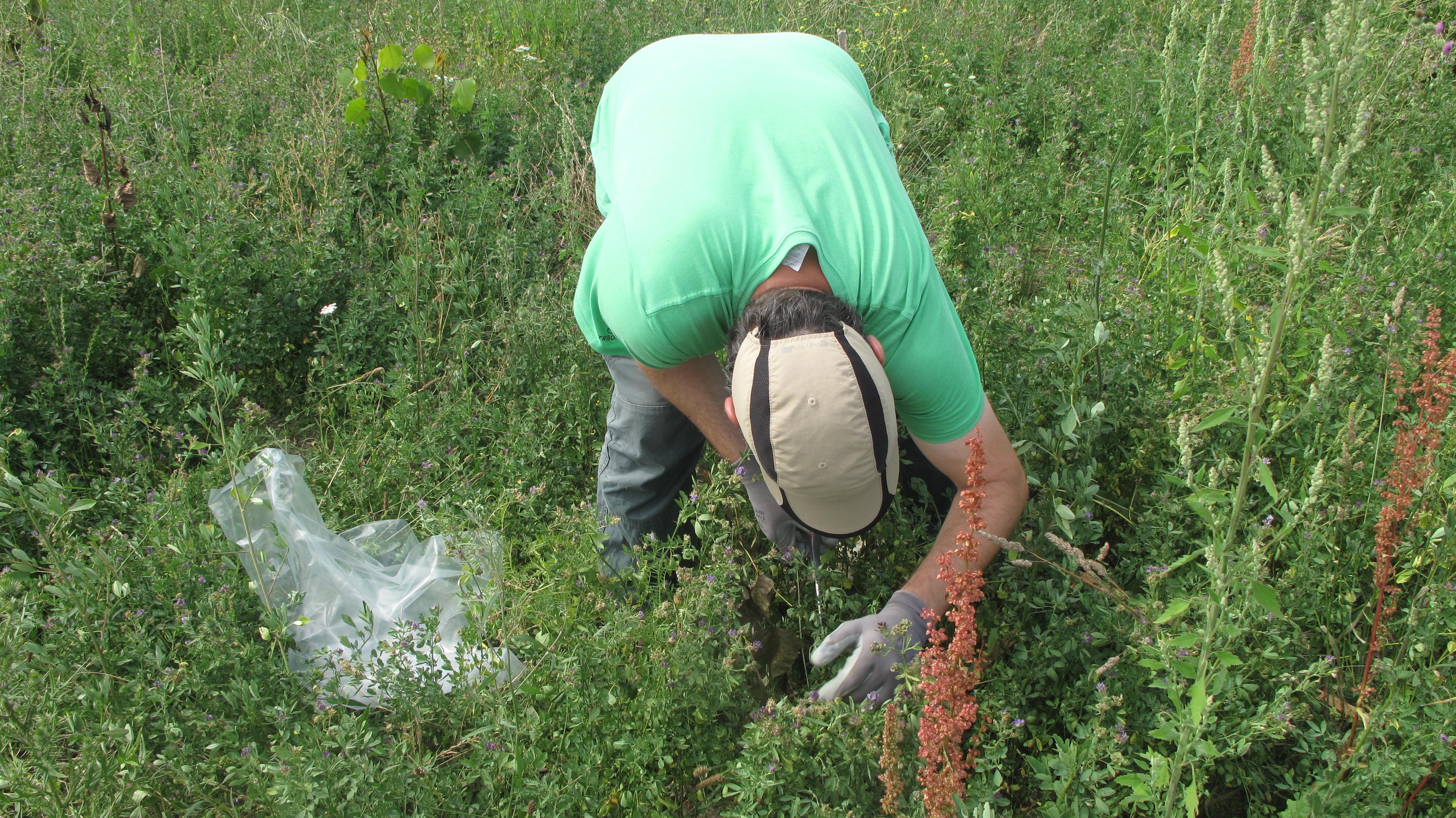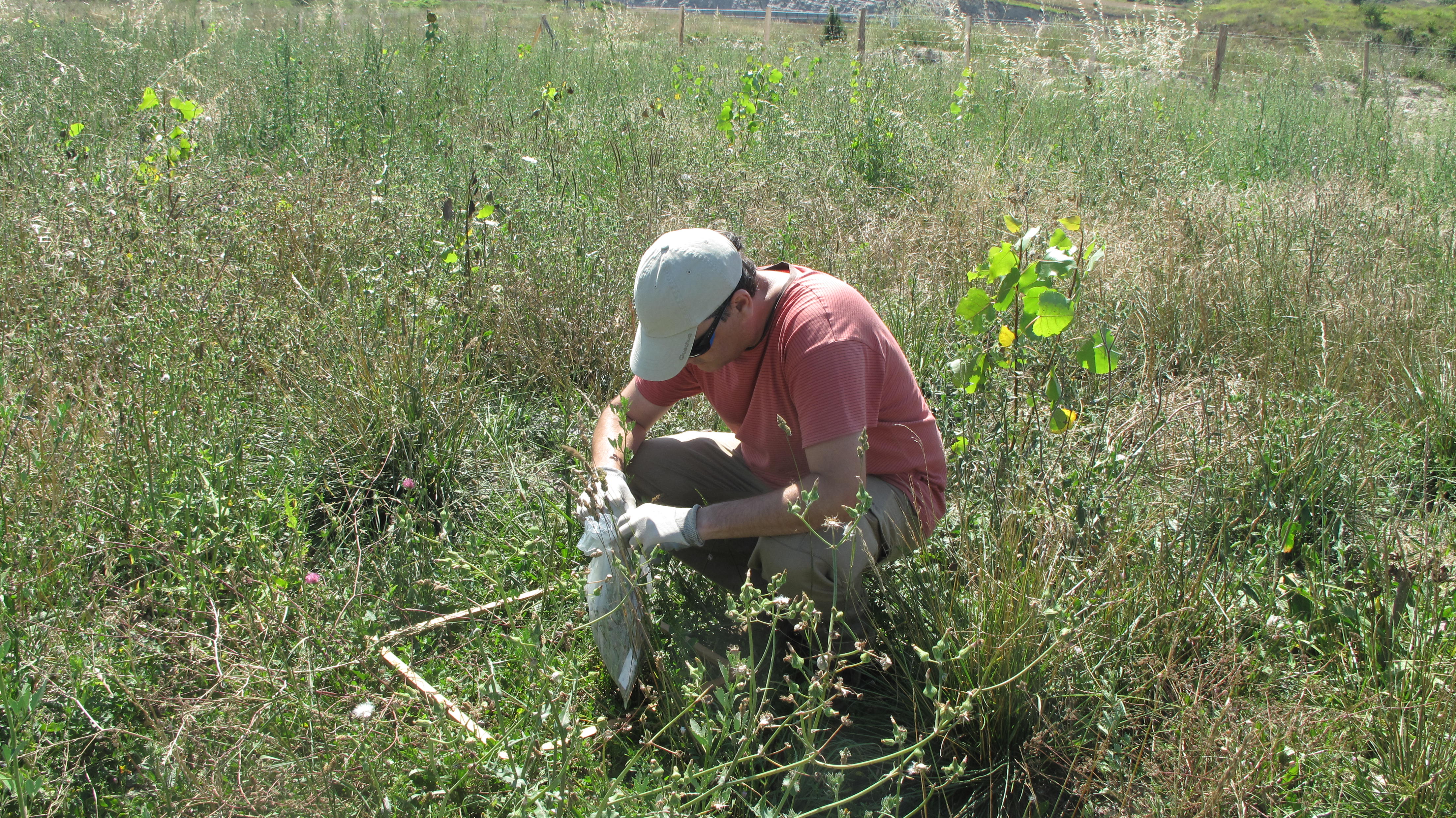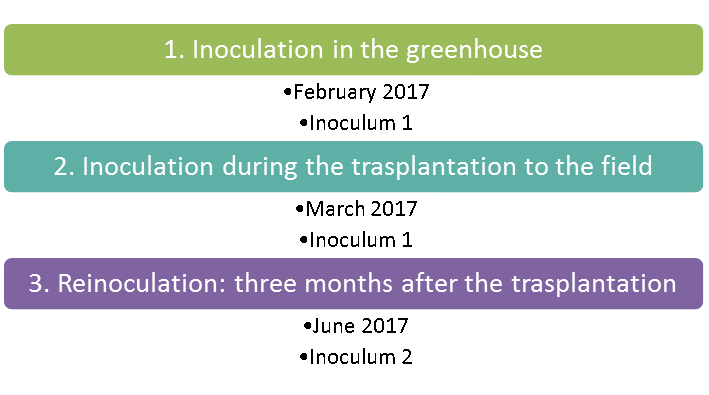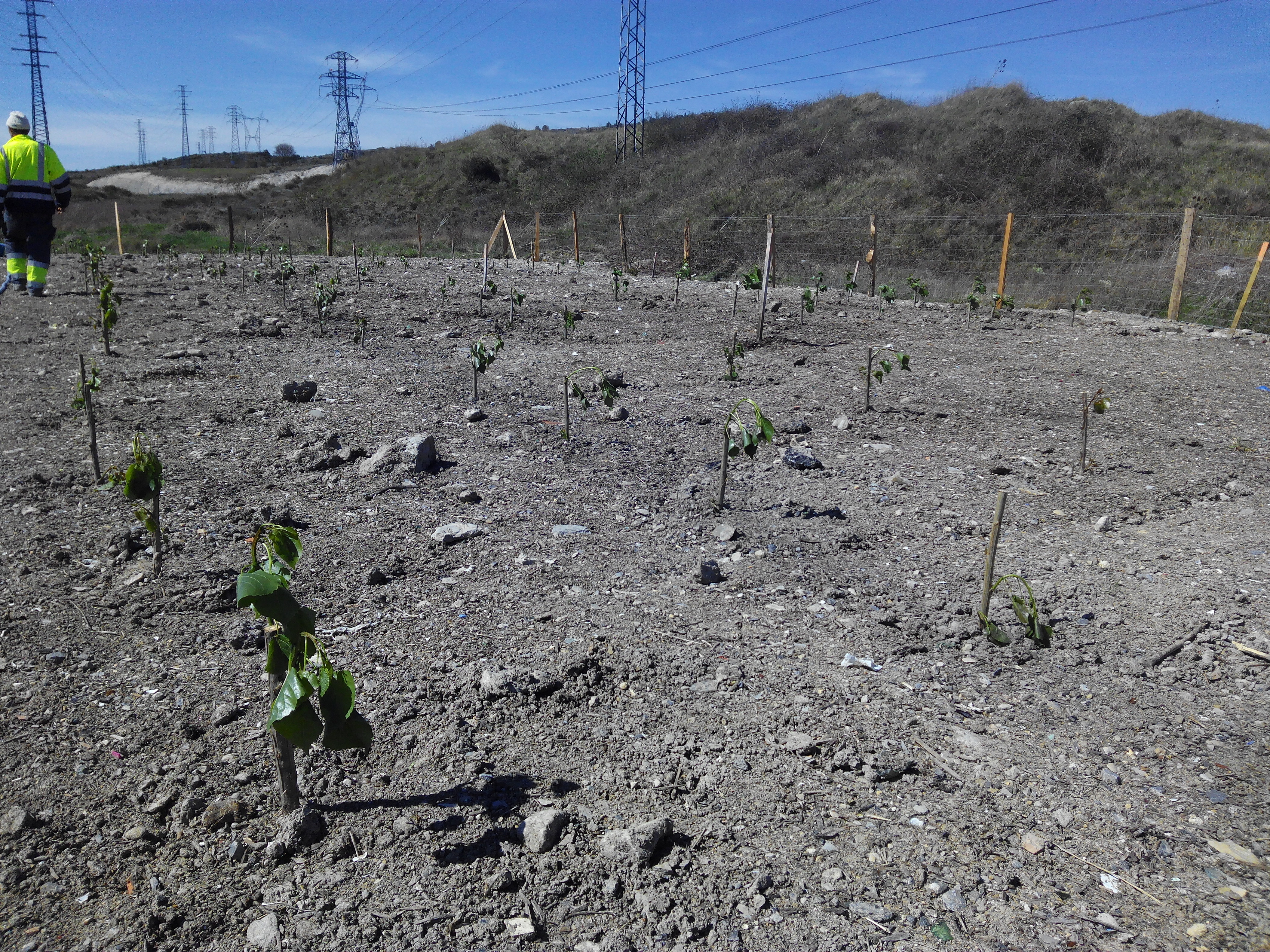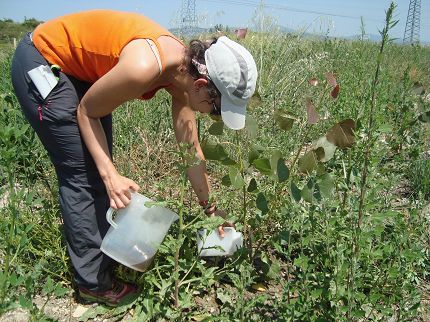XVI Science, Technology and Innovation Week. University of Basque Country (UPV/EHU)
Lehenengo argitaratze data: 2016/11/23
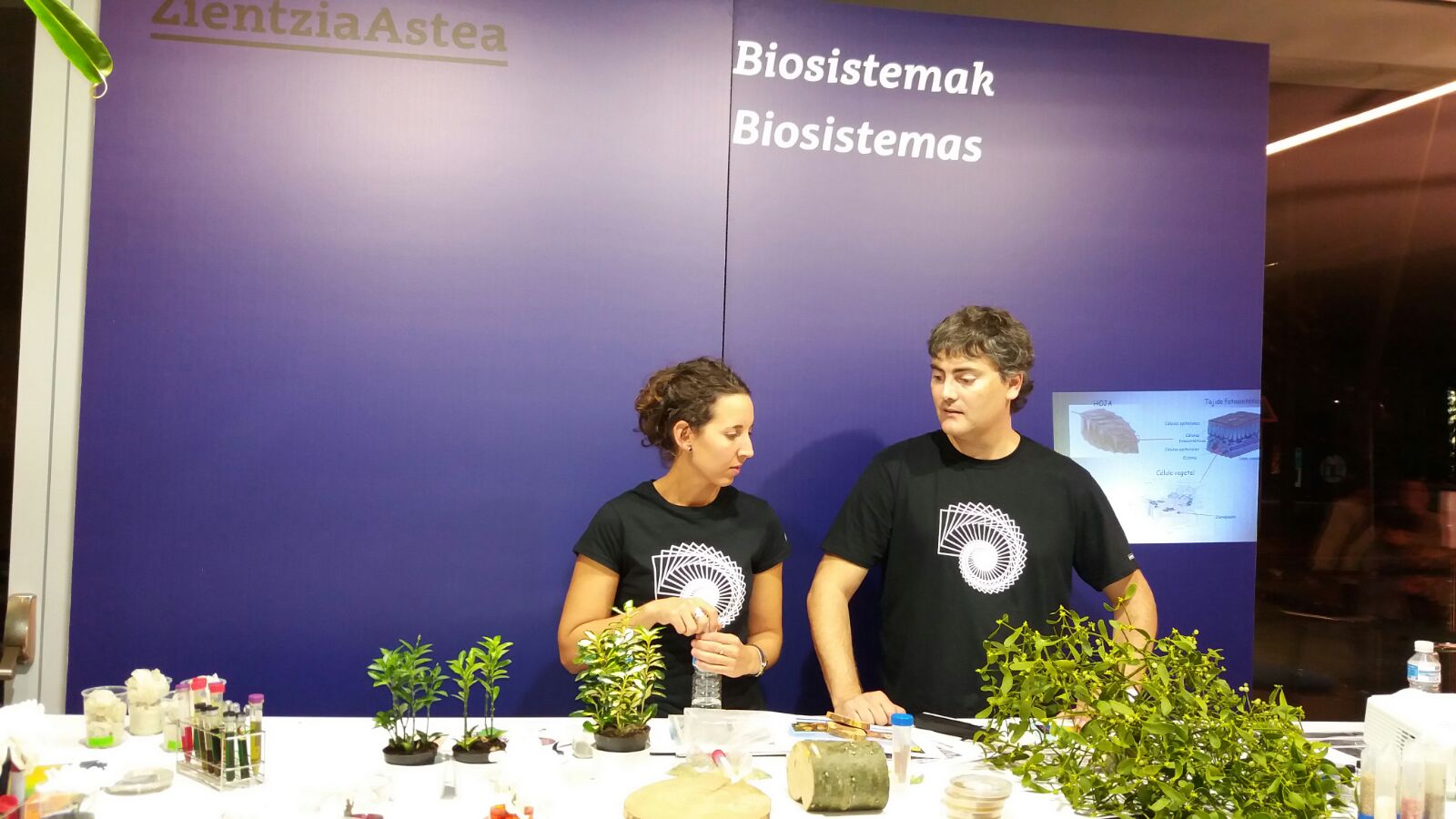
The "XVI Science, Technology and Innovation Week" was celebrated during past November 2-6, 2016 in the University of Basque Country (UPV/EHU). In this event the "Biosystem" stand, in which several members of EKOFISKO group participated, was presented. In this stand, a general view of biosystems (from the most basic unit (the cell) to the most complex), the interrelations between them as well as the significance of Plant Kingdom on them, were displayed. In addition, a workshop denominated "Essence of Plant World" was presented in collaboration with "Aula de la Naturaleza del Jardín Botánico Ramón Rubial (Barakaldo)". This workshop showed the plant world and its importance in our quality of life by different presentations, activities and a walk through the botanic garden. In relation to Interreg Phytosudoe Project, ecotoxicological bioassays in polluted soil and water with different plant species were showed to demonstrate the toxic effects in live organisms.

